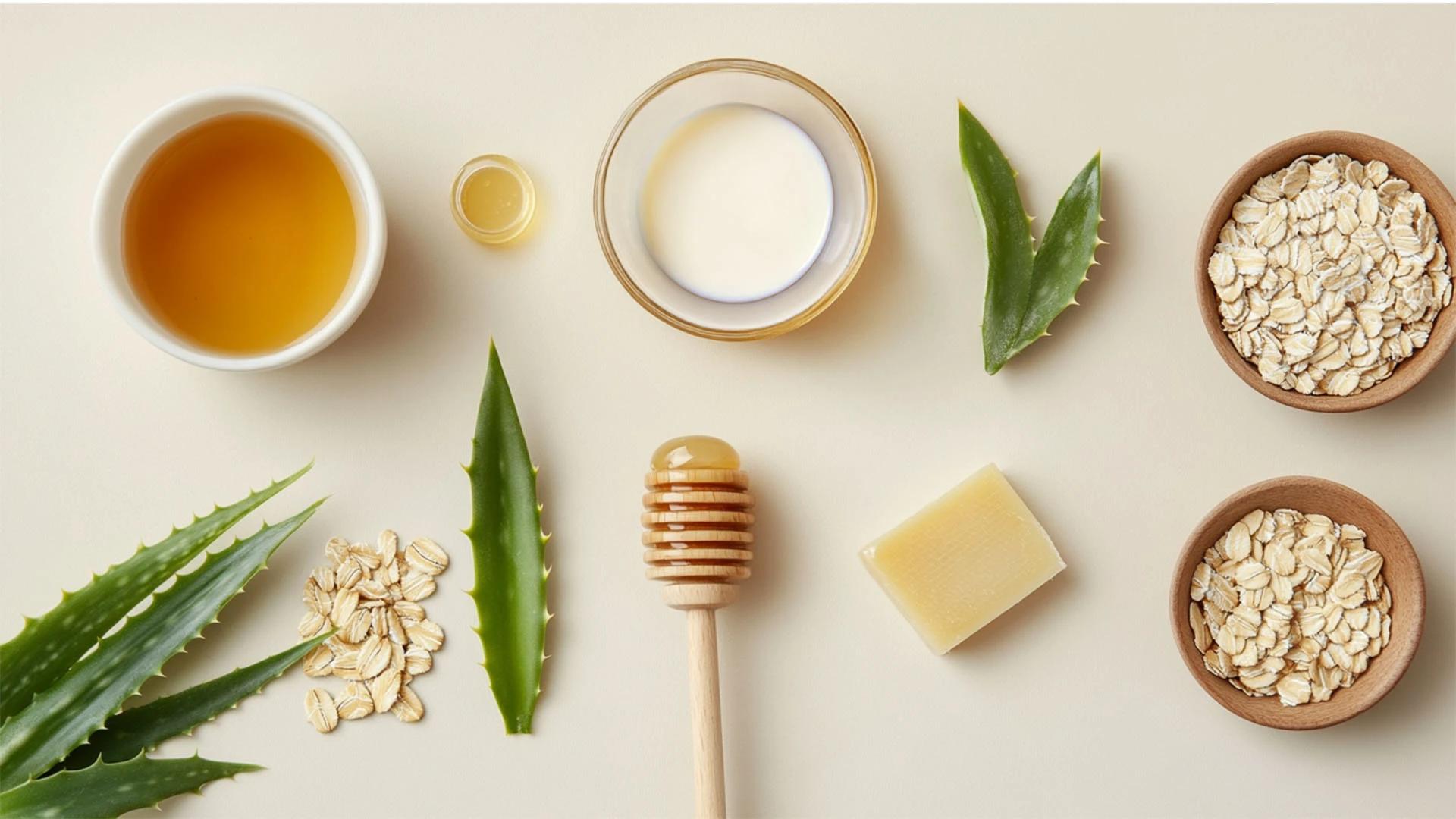Chamomile: The Gentle Healer
Chamomile is like a gentle hug for your digestive system. Its anti-inflammatory properties can help reduce stomach irritation and promote healing. Chamomile tea is wonderfully mild and can be sipped throughout the day. It's also got mild sedative properties, so it might help you get some much-needed rest whilst your body recovers.
Probiotics: Restoring Balance to Gut Health
Probiotics for gut health are game-changers when it comes to recovery from stomach infections. These beneficial bacteria help restore the natural balance in your digestive system, which often gets disrupted during illness. They can help crowd out harmful bacteria and support your immune system's efforts to get back to normal.
Natural sources of probiotics include yoghurt (make sure it contains live cultures), kefir, fermented foods like sauerkraut or kimchi, and even some pickled vegetables. However, during an active infection, you might want to stick to milder options like plain yoghurt or consider a gentle probiotic supplement once the worst symptoms have passed.
When choosing probiotic supplements, look for ones with multiple strains of bacteria and check they're suitable for your age and health status. It's worth chatting to a pharmacist if you're unsure which one might work best for you.
Herbal Treatments for Indigestion
Herbs have been used for digestive issues for centuries, and many of them are surprisingly effective. Fennel seeds can help reduce bloating and gas – just chew on a few after meals or brew them into a tea. Cumin seeds work similarly and are often used in Indian home remedies. Turmeric, with its anti-inflammatory properties, can be mixed into warm milk or water (though it might not taste great, it's worth a try).
When preparing herbal remedies, always use clean water and fresh or properly stored dried herbs. Start with small amounts to see how your stomach tolerates them, and avoid anything that makes your symptoms worse. Remember, what works for your mate might not work for you, so it's all about finding what suits your system.
Dietary Changes for Stomach Issues
The BRAT diet (Bananas, Rice, Applesauce, Toast) is a classic for good reason. These foods are bland, easy to digest, and help firm up loose stools. Bananas provide potassium that you might be losing through vomiting and diarrhoea, whilst rice and toast provide gentle carbohydrates for energy without irritating your stomach.
Anti-inflammatory foods for digestion can also help speed up recovery. Think gentle options like bone broth (brilliant for hydration and nutrients), cooked carrots, and well-cooked vegetables. Avoid anything spicy, fatty, dairy-heavy, or high in fibre until you're feeling better – your poor stomach needs all the help it can get.
Foods to steer clear of include anything fried or greasy, spicy foods, alcohol, caffeine, raw vegetables and fruits (except bananas), and anything with artificial sweeteners. Basically, if it might irritate a baby's tummy, it'll probably irritate yours too right now.
Hydration: The Key to Stomach Recovery


 30 Strips
30 Strips